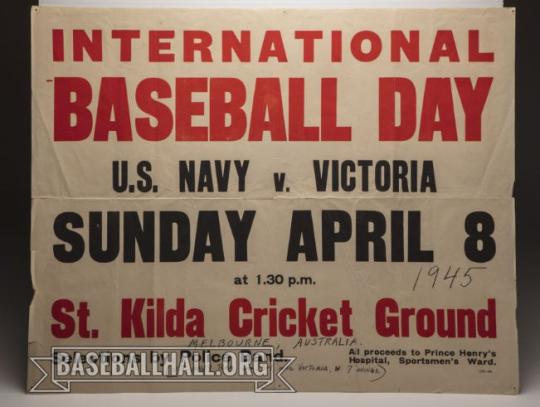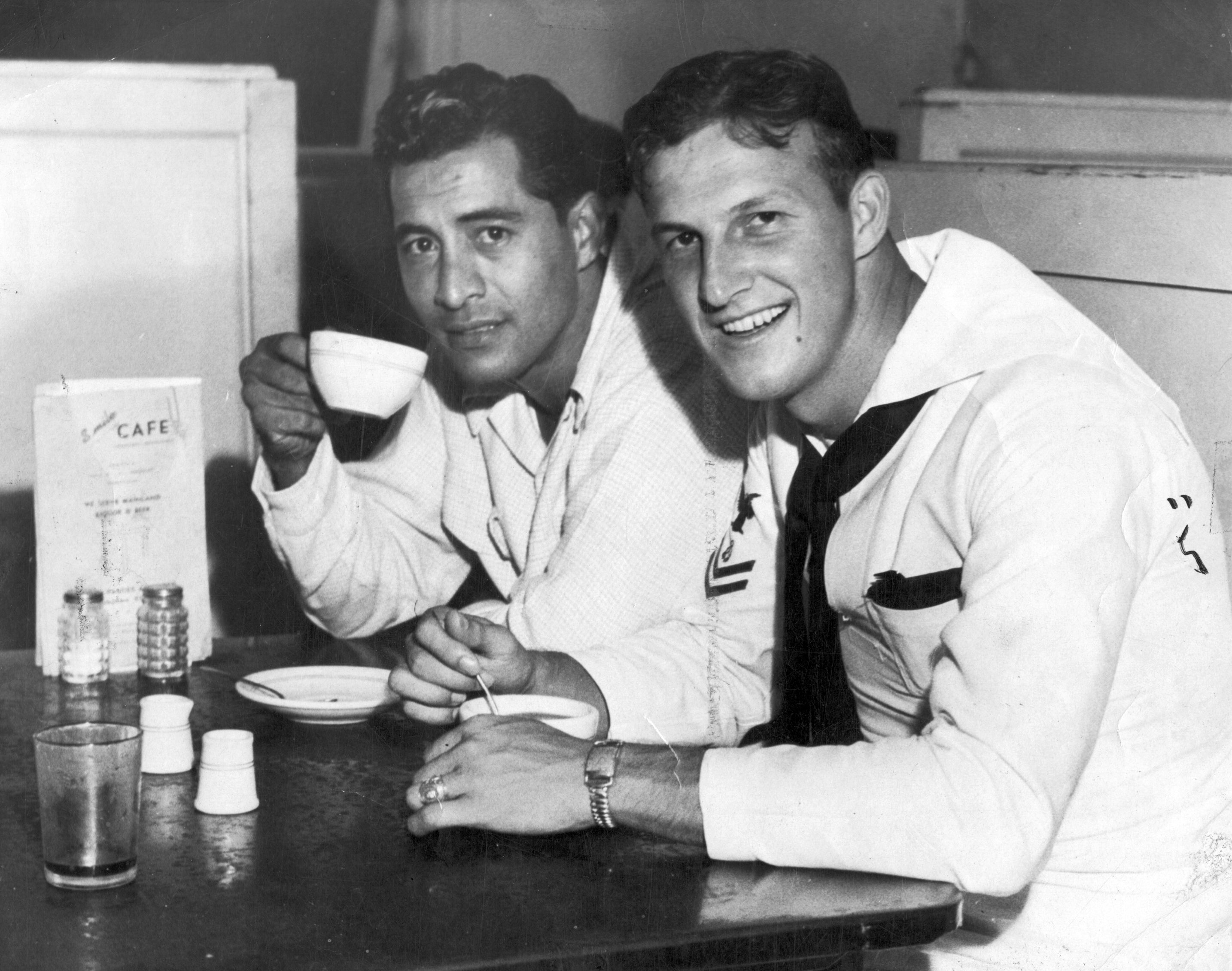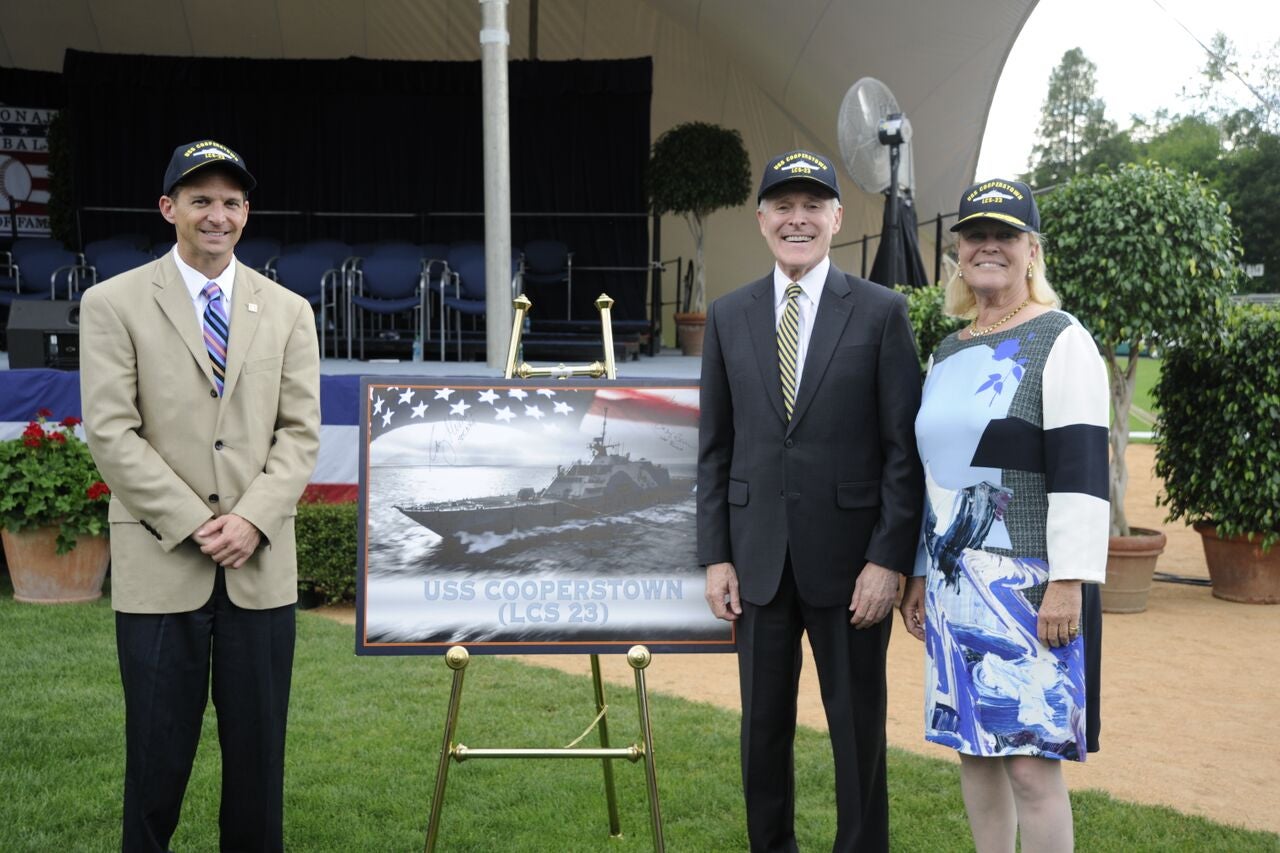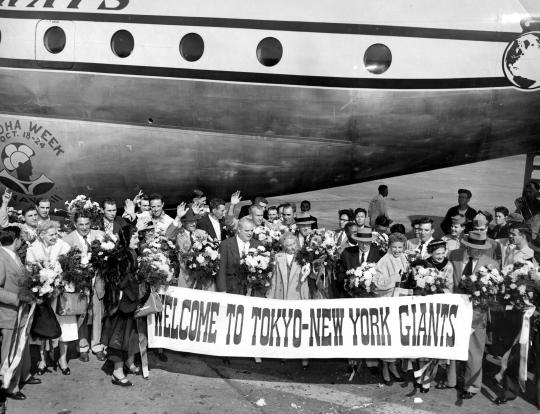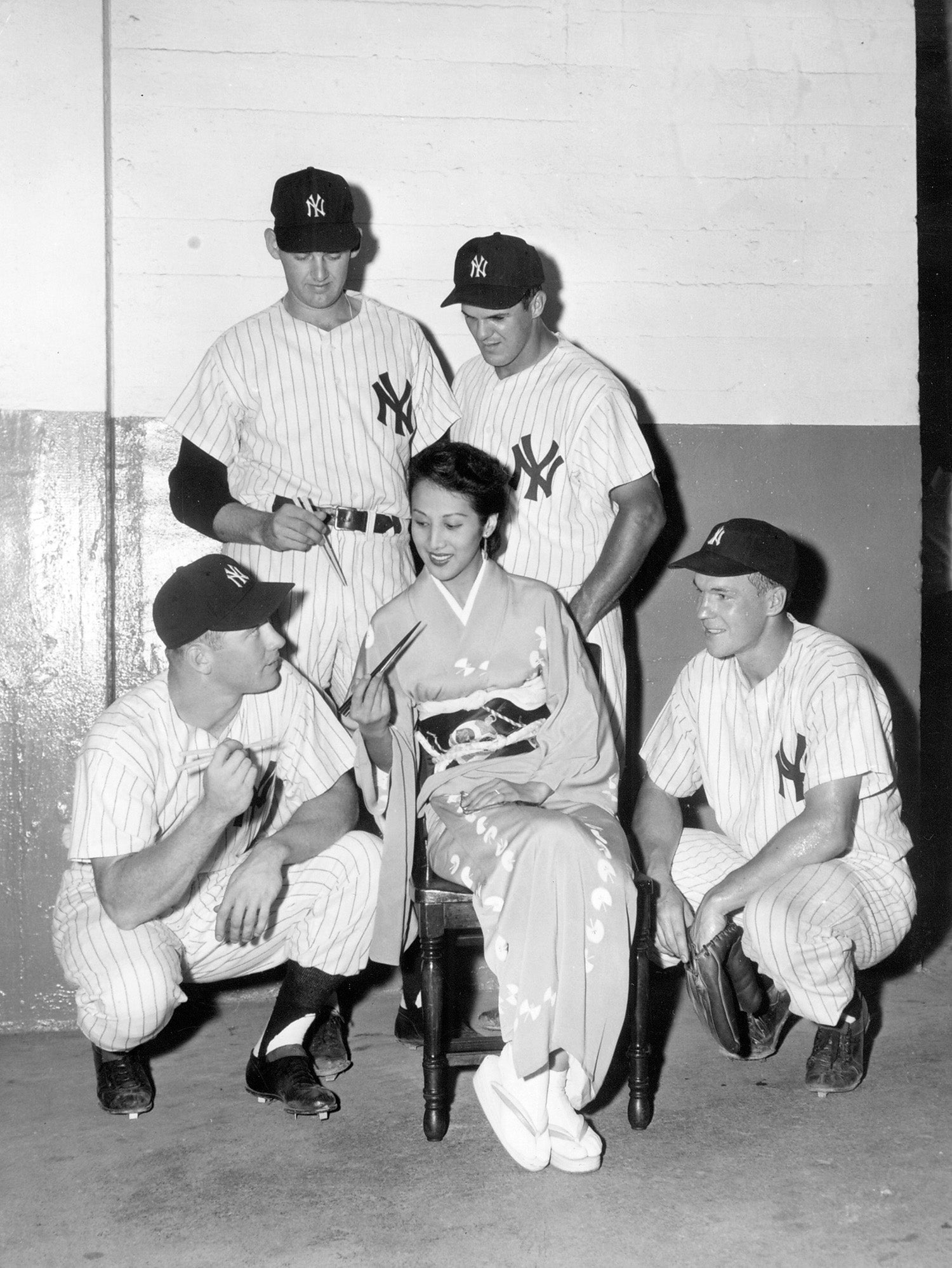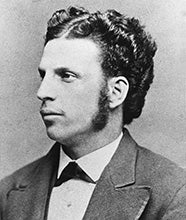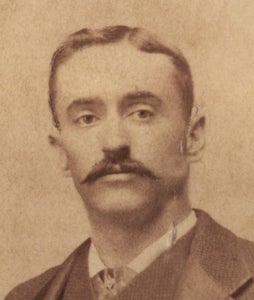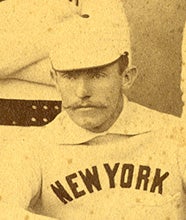- Home
- Our Stories
- #Shortstops: International Baseball Day
#Shortstops: International Baseball Day
Even in a time of war in 1945, baseball remained an escape – not only in the United States, but abroad.
And as World War II wound down, baseball became a symbol of hope for the future.
Hall of Fame Membership
There is no simpler, and more essential, way to demonstrate your support than to sign on as a Museum Member.
U.S. Navy servicemen defeated players from Victoria, Australia, 3-1 in seven innings at St. Kilda Cricket Ground on April 8, 1945, in celebration of International Baseball Day.
Australia was no stranger to the game of baseball, having previously caught on to the game through “Spalding’s Australian Base Ball Tour,” in the late 19th century – a tour organized by former major leaguer and Chicago White Stockings executive Albert Spalding that included future Hall of Famers Cap Anson, George Wright, Ned Hanlon and John Montgomery Ward.
Shortly after Spalding’s tour, teams popped up in major cities around Australia. By the 1940s, formal baseball leagues were common throughout the country.
After the U.S. entered World War II in 1941, General Douglas MacArthur established U.S. Navy headquarters in Melbourne, Australia. Upon their arrival to Australia, U.S. Navy servicemen found plenty of fields to play their national pastime and take their minds off the war. Many U.S. military teams played against local teams in Brisbane, Melbourne and Sydney and even joined leagues in the years following.
International Baseball Day was first staged in April 1942, shortly after the arrival of U.S. troops, to promote good will between the Allies.
In addition to the game, the event also featured a skills competition, with players from both sides competing in throwing, "base circling" and "fungo hitting."
All proceeds from the game went to Prince Henry's Hospital, located about 3 miles north of the grounds.
A poster promoting International Baseball Day is preserved in the Hall of Fame’s collection.
Just five months after the contest, on September 2, 1945, Japan signed the unconditional surrender papers, ending WWII. Shortly after, U.S. troops would return to their home soil and went right back to their escape of baseball.
Steven Walters was the 2018 public relations intern in the Hall of Fame’s Frank and Peggy Steele Internship Program for Youth Leadership Development

